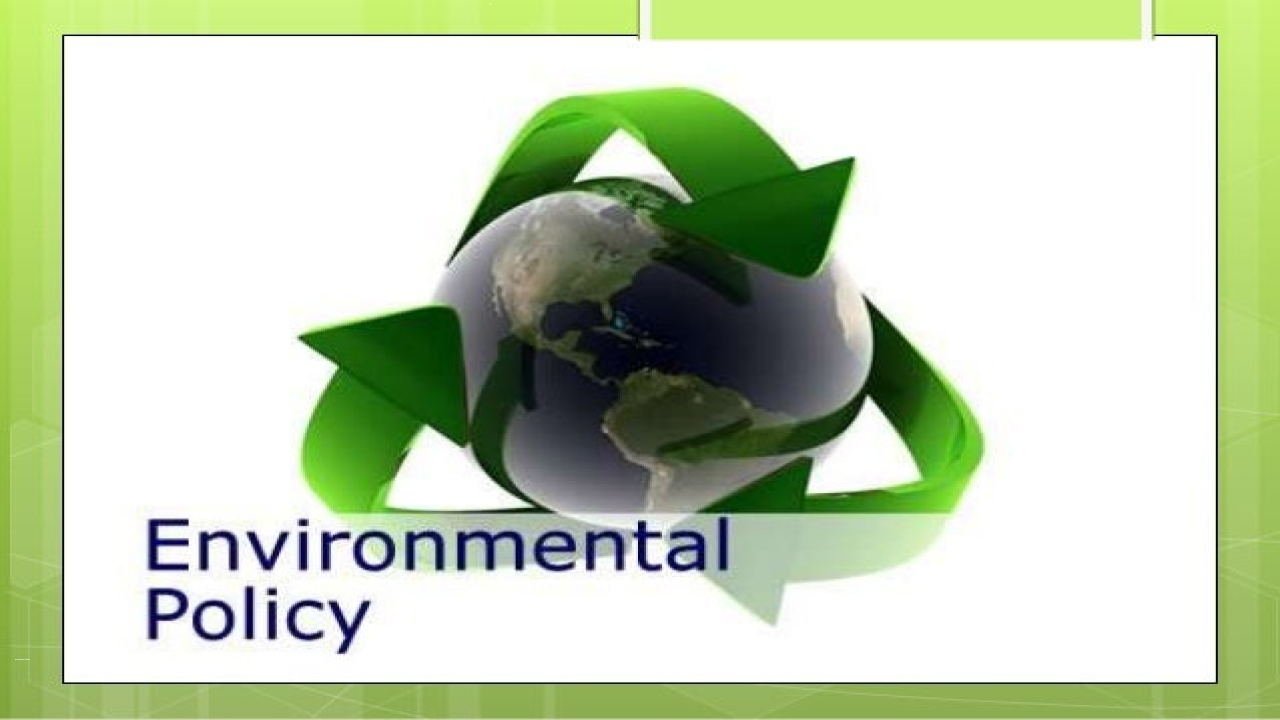Environmental Policy
Environmental policy refers to the regulations, laws, and guidelines established by governments and organizations to address environmental issues and promote sustainability. Environmental policy is crucial in ensuring the protection of our planet and its natural resources. Understanding the importance, types, and issues of environmental policy is essential in promoting sustainable development.
Meaning and History of Environmental Policy
Environmental policy refers to the regulations, laws, and guidelines established by governments and organizations to address environmental issues and promote sustainability. The concept of environmental policy has been recognized for centuries, with historical accounts of environmental regulations dating back to ancient civilizations. However, the modern environmental policy movement began in the 1960s and 1970s, with the passage of major environmental laws such as the Clean Air Act and the Clean Water Act.
Types of Environmental Policy
- Command-and-Control Regulations: Command-and-control regulations involve setting specific limits on pollution levels and enforcing those limits through fines and other penalties. This type of policy is often criticized for being inflexible and not allowing for innovation in pollution reduction.
- Economic Incentives: Economic incentives involve using financial incentives, such as taxes or subsidies, to encourage environmentally friendly behavior. This type of policy is often more flexible than command-and-control regulations and can lead to more innovative solutions.
- Voluntary Agreements: Voluntary agreements involve agreements between industry and government to reduce pollution levels voluntarily. This type of policy is often criticized for not being enforceable and not providing sufficient incentives for compliance.
Examples of Environmental Policy
- The Clean Air Act: The Clean Air Act is a major environmental law in the United States that sets standards for air quality and regulates emissions from industry and transportation. The Clean Air Act has been credited with significant improvements in air quality in the United States.
- The Kyoto Protocol: The Kyoto Protocol is an international agreement that aims to reduce greenhouse gas emissions and address climate change. The Kyoto Protocol has been criticized for not including major greenhouse gas emitters such as the United States and China.
- The Paris Agreement: The Paris Agreement is an international agreement that aims to limit global temperature increases and address climate change. The Paris Agreement has been praised for its inclusiveness and commitment to addressing climate change.
Environmental Policy Issues
- Implementation and Enforcement: Implementation and enforcement are significant issues in environmental policy. Many environmental regulations are not effectively enforced, leading to noncompliance and continued environmental degradation.
- Political Polarization: Environmental policy has become increasingly politicized, with some political groups opposed to environmental regulations and others advocating for more stringent regulations. This political polarization can lead to delays in policy development and implementation.
- Limited Resources: Limited resources can be a significant issue in environmental policy. Governments and organizations may not have the financial or technical resources necessary to develop and implement effective environmental policies.
- International Cooperation: International cooperation is essential in addressing global environmental issues such as climate change. However, international cooperation can be challenging due to differing priorities and interests among countries.
Strategies for Effective Environmental Policy
- Collaboration: Collaboration between governments, organizations, and industry is essential in developing and implementing effective environmental policy. Collaboration can lead to more innovative solutions and greater support for environmental regulations.
- Innovation: Innovation is crucial in developing effective environmental policy. New technologies and approaches can lead to more efficient and effective environmental regulations.
- Education and Awareness: Education and awareness are crucial in promoting environmental policy. Educating the public on the importance of environmental protection and sustainability can lead to greater support for environmental regulations.
- Inclusivity: Inclusivity is essential in developing effective environmental policy. Ensuring that all stakeholders have a voice in the policy development process can lead to greater support for environmental regulations.


